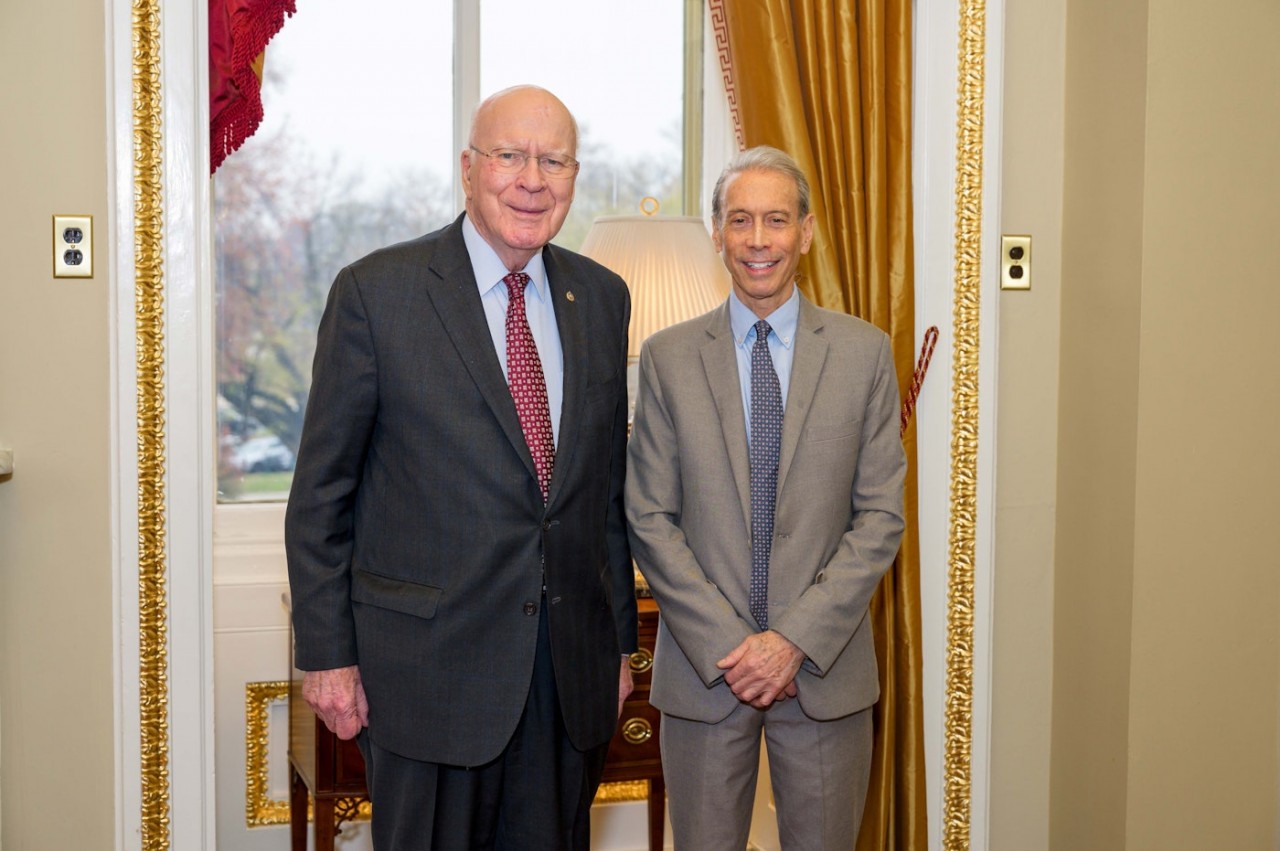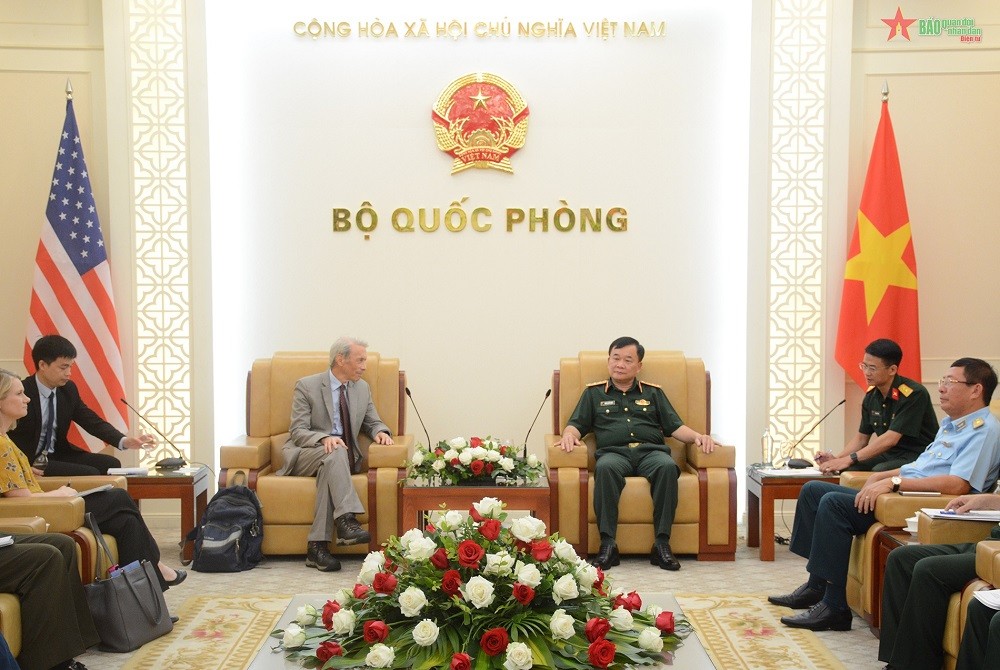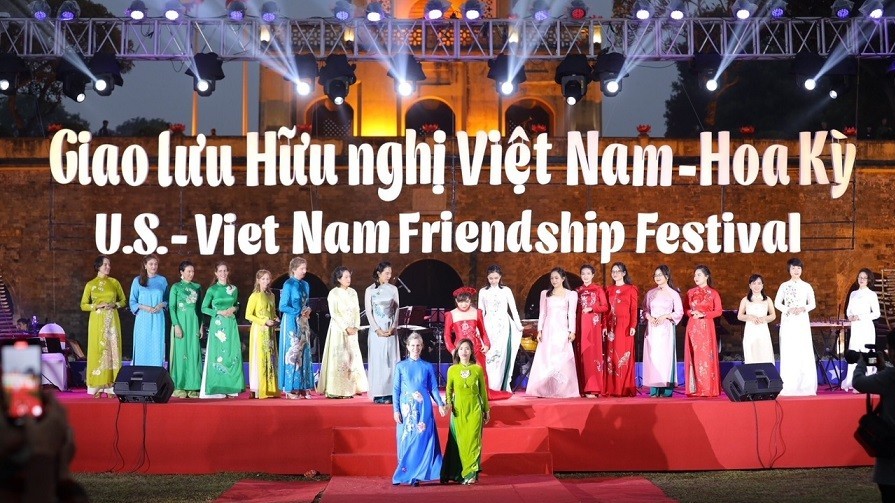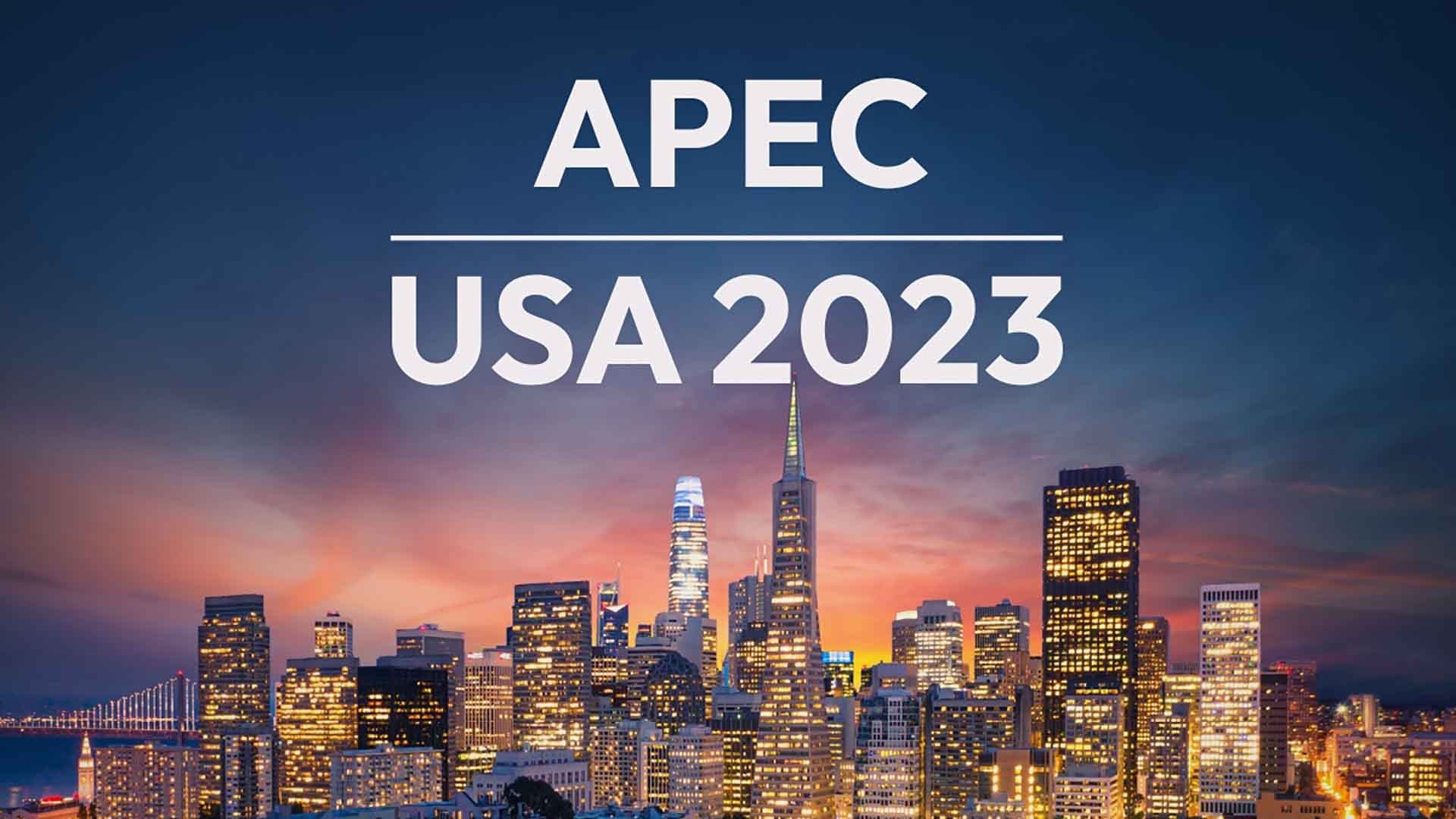
US-Viet Nam relations: Turning the past into the future
Latest
 |
| Mr. Tim Rieser (right) và former Senate's President Pro Tempore, Senator Patrick Leahy. (Source: Office of Senator Patrick Leahy) |
President Joe Biden will pay his first visit to Viet Nam this week. How do you feel about this trip?
I think it is wonderful that President Biden is going to Viet Nam. It is his first-time visiting Viet Nam. It is an important opportunity for him and Viet Nam’s leaders to highlight the many ways in which the US and Viet Nam are cooperating as partners, including addressing the most difficult legacies of the war. They will not only recognize how far we have come together since the war ended, but they will do so by marking another milestone our partnership to signal the beginning of a new chapter, focused increasingly on the challenges of the future.
A key foundation for the establishment and development of Viet Nam-US Comprehensive partnership is addressing war legacies, a process that have started decades ago and is continuing till this day. As someone who have actively participated in it, could you touch on some of its milestones? What is your most memorable experience during your participation in the process?
It is important to recognize that the progress we have made in addressing war legacies would not have been possible without the close friendship, collaboration between US Senator Patrick Leahy and Senior Lieutenant General Nguyen Chi Vinh. Their vision, dedication, and understanding of the importance of addressing war legacies to build a new relationship between our countries changed history.
Their friendship became the foundation for the close collaboration between our two countries over the past two decades. But even before that, beginning in 1981, it was the vision and determination of American veterans of the war, like Bobby Muller, John Terzano and their Vietnamese counterparts, who were the first to call for reconciliation. Their pathbreaking initiative was remarkable, because rather than remaining angry and resentful about what they had lost in the war, they sought to turn that tragedy into something positive. Their initiative caused officials of both governments, including Senators John Kerry, John McCain, and Patrick Leahy, as well as experts from humanitarian non-governmental organizations, to become actively involved. The first concrete example of that was the joint US-Vietnamese effort to locate the remains of hundreds of American MIAs, which continues to this day.
In 1989, Senator Leahy established the Leahy War Victims Fund to help innocent victims of war who had suffered severe war injuries. He and former President George H. W. Bush decided that the first use of the Fund should be in Viet Nam, through organizations like the Viet Nam Veterans of America Foundation and Viet Nam Assistance for the Handicapped, to provide artificial limbs and wheelchairs to people who had lost legs and arms from accidents caused by landmines and unexploded bombs. Not long after, Senator Leahy made his first trip to Viet Nam, where he saw first-hand the difficulties faced by those who had lost their mobility.
Since those early years, the US has also supported programs to locate and remove thousands of landmines and bombs that continue to kill and injure innocent people in Viet Nam; assist Vietnamese with disabilities resulting from exposure to Agent Orange; and to clean up the chemical contamination caused by Agent Orange at the Da Nang Airport and the Bien Hoa Airbase.
Recently, the US and Viet Nam began a new initiative to help locate and identify some of the hundreds of thousands of Vietnamese soldiers and civilians, throughout the country – in north, south, and central Viet Nam – who lost their lives in the war and remain missing. This has affected practically every Vietnamese family, so this project has the potential to be among the most meaningful of any we have undertaken.
Over the years there have been some attempts to locate the graves of missing Vietnamese, including with the help of American veterans of the war. However, Senator Leahy felt that we need to do more to reciprocate for the invaluable help that Viet Nam has given the US in locating American MIAs over so many years.
 |
| Mr. Tim Rieser exchanged with Deputy Minister of Defense, Senior Lieutenant General Hoang Xuan Chien on efforts in addressing war legacies in August 2022. (Source: People's Army Newspaper) |
We are now embarking on a five-year program, supported by the US Department of Defense, the US Agency for International Development, and the US Institute of Peace, working hand-in-hand with Vietnamese counterparts. It is our hope that by providing access to archival documents, oral histories, and other war-time information, as well as DNA technical assistance and equipment, that many more Vietnamese families who provide DNA samples will learn the fate of their loved ones.
This program will not only help bring closure to some of the Vietnamese families who have been searching for their relatives for nearly 50 years. It will also, like our other war legacy programs, build trust and strengthen the US-Viet Nam partnership.
I have had many memorable experiences over these years, but certainly one was the inauguration of the Bien Hoa remediation project in 2019. That project, which is expected to take ten years and cost nearly half a billion US dollars, is on a scale unlike anything that two former enemies have undertaken to address a legacy of war that continues to threaten public health and the environment.
Another such experience was earlier this year when I visited the John F. Kennedy School at Harvard University in Massachusetts, which is participating in the Vietnamese MIA project. There I met half a dozen young Vietnamese women and men who are from all parts of Viet Nam. They are being paid by the US military to translate diaries, letters, and other documents captured by former US soldiers to use in identifying the remains of Vietnamese missing from the war, some of whom may be their grandparents. It was an unforgettable example of how life can come full circle.
What were some difficulties that Viet Nam and US encountered as they strived to address war legacies? How did they manage to overcome those?
Viet Nam and the US have very different cultures and histories. As former enemies, there was a lack of trust, resentment, anger, and resistance to reconciliation among some in both governments and among some veterans organizations. These are among the challenges we have had to overcome. But we have done so in ways that turned these challenges into opportunities. We have learned that building a strong partnership requires each side to take steps to address the concerns of the other. This is something we must continue to work at, because this partnership is only as strong as we make it. When we have disagreements, we should find solutions that strengthen the partnership.
How does President Biden’s upcoming visit impact the bilateral relations in general and two countries’ efforts in addressing war legacies specifically?
For me, President Biden’s trip highlights the importance of the US-Viet Nam relationship. I am sure that he will speak of the progress we have made in addressing war legacies, the ways that it has opened up new areas for cooperation and the importance for the two peoples pursuing these efforts together. Just as we want to continue to overcome war legacies, we want to expand the cooperation between our countries in meeting other challenges, from combating climate change, preventing future pandemics, promoting higher education, accelerating technological innovation to maintaining regional security. By doing so, we want the next generation of Vietnamese and Americans to know that despite what happened during the war, which was a catastrophe for both countries, we found ways years later to use that experience to build a better future.












